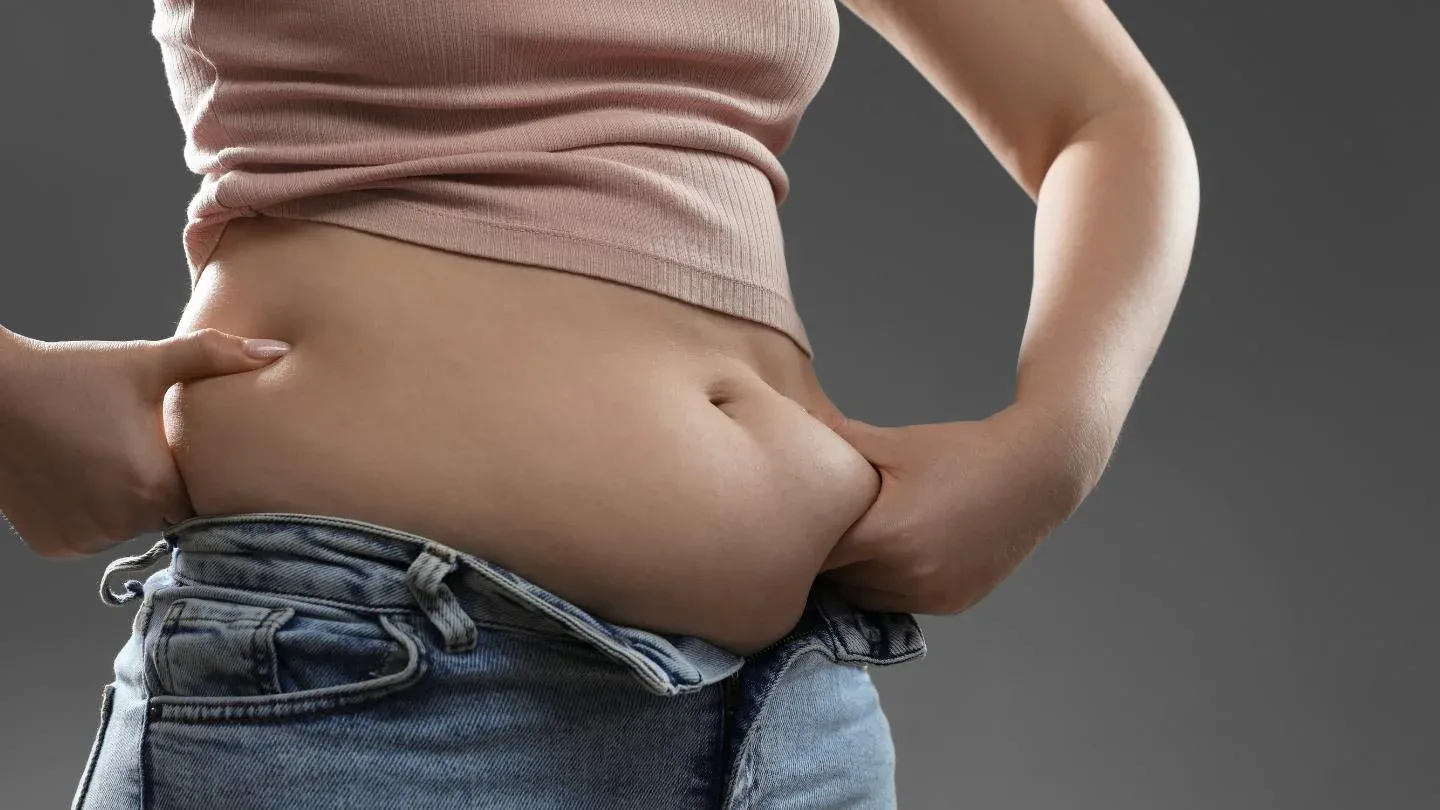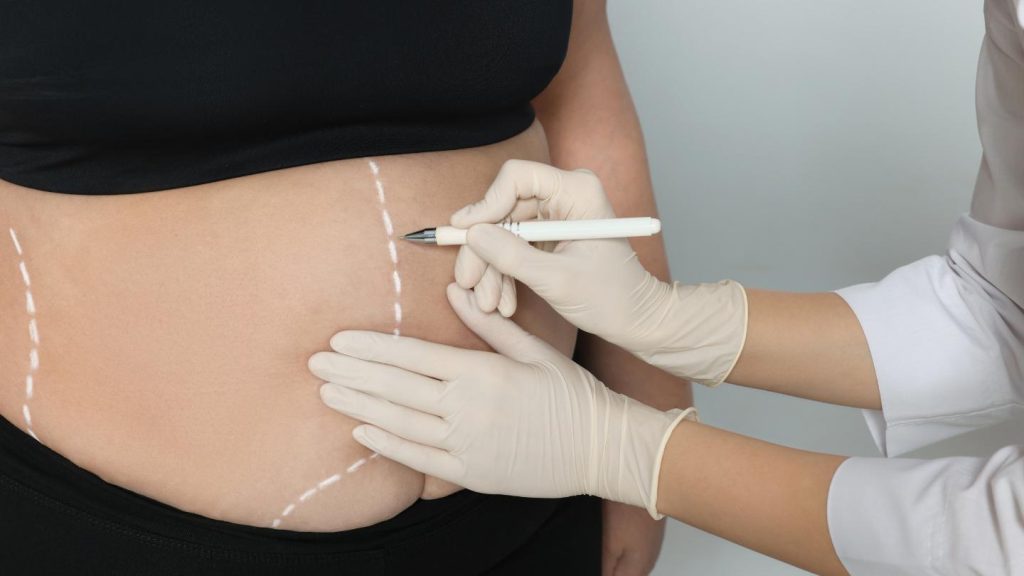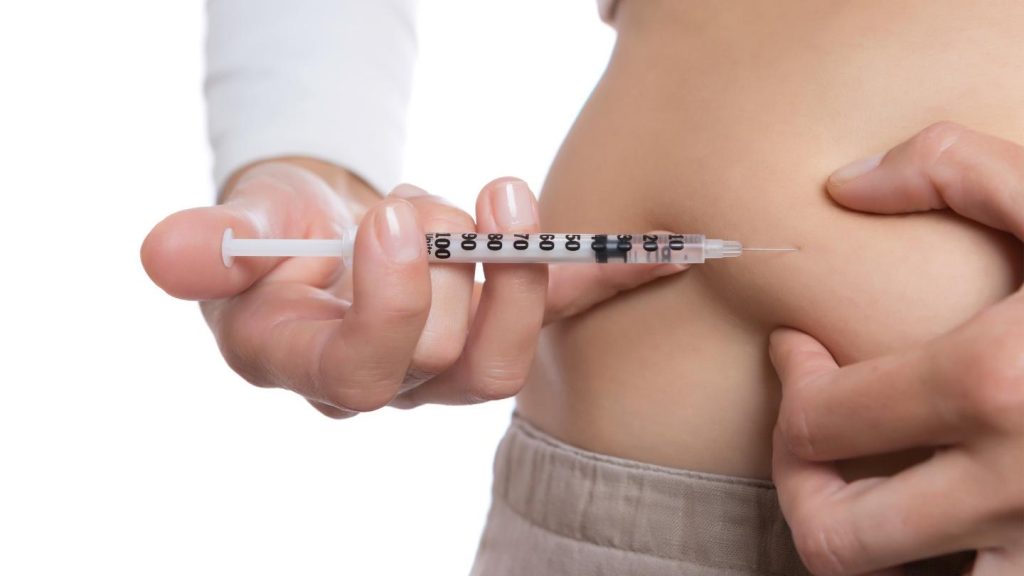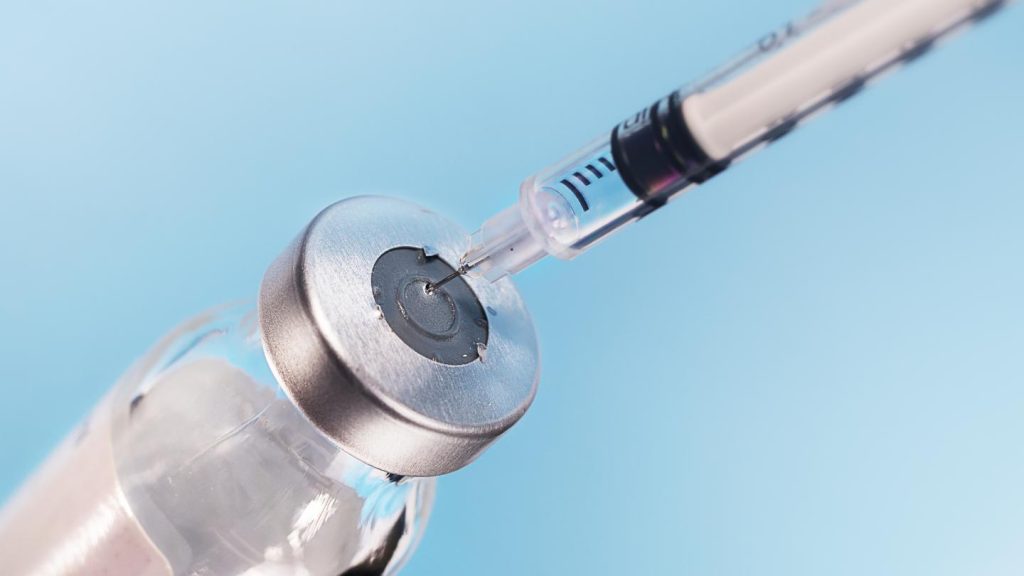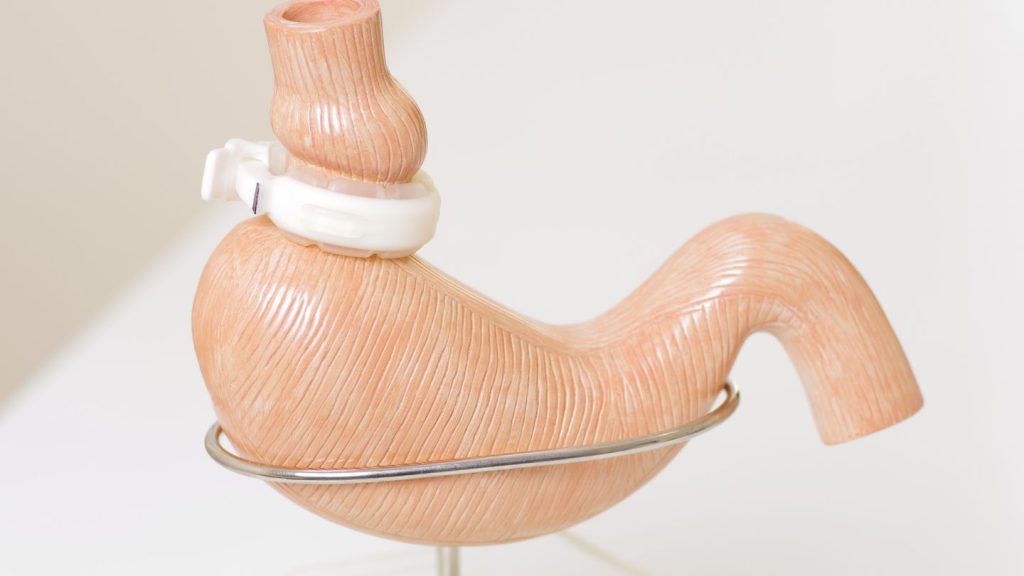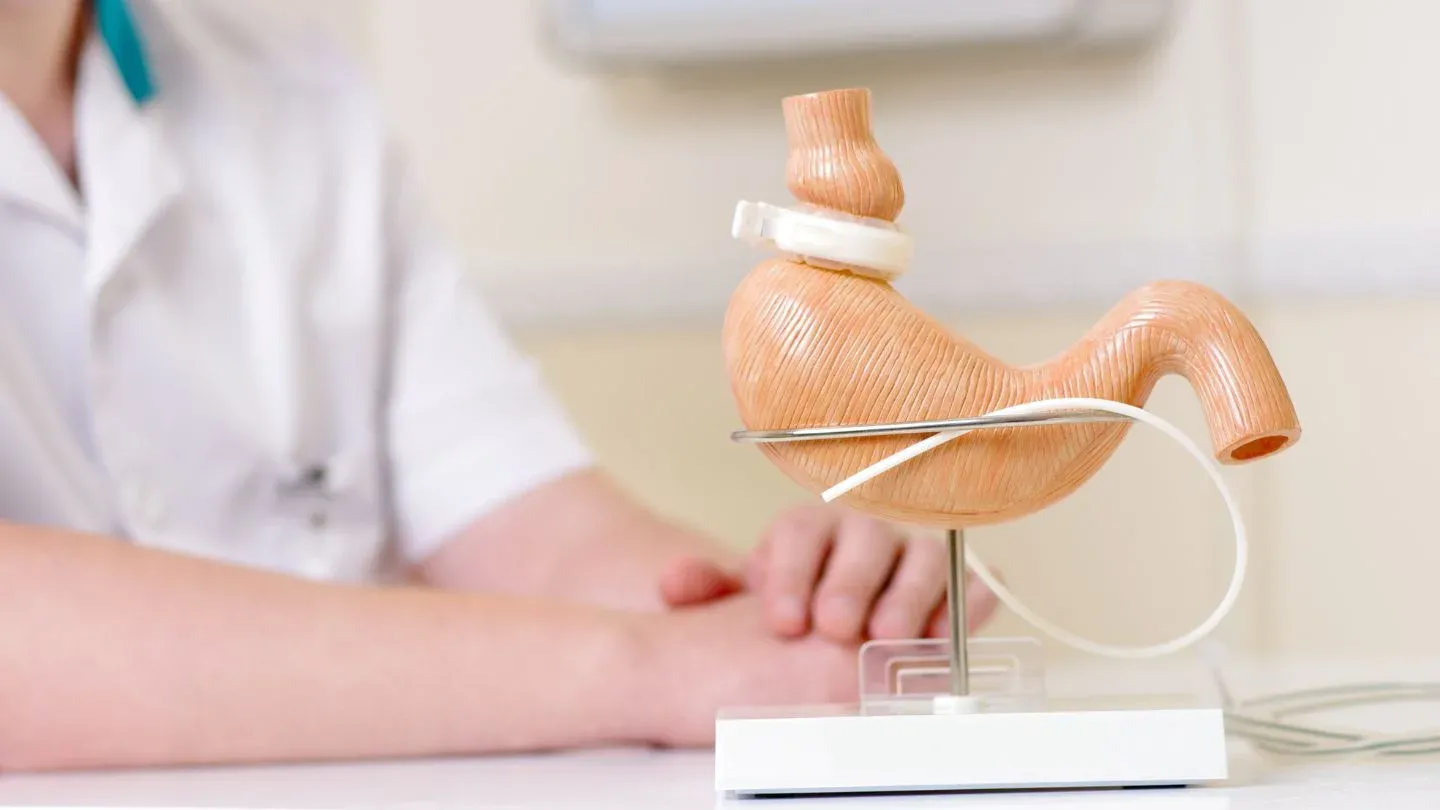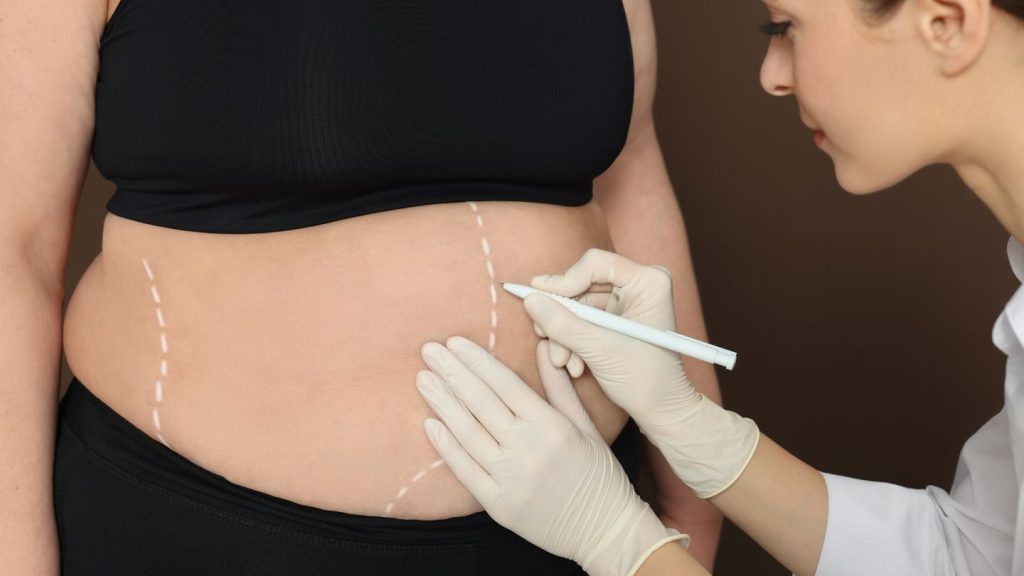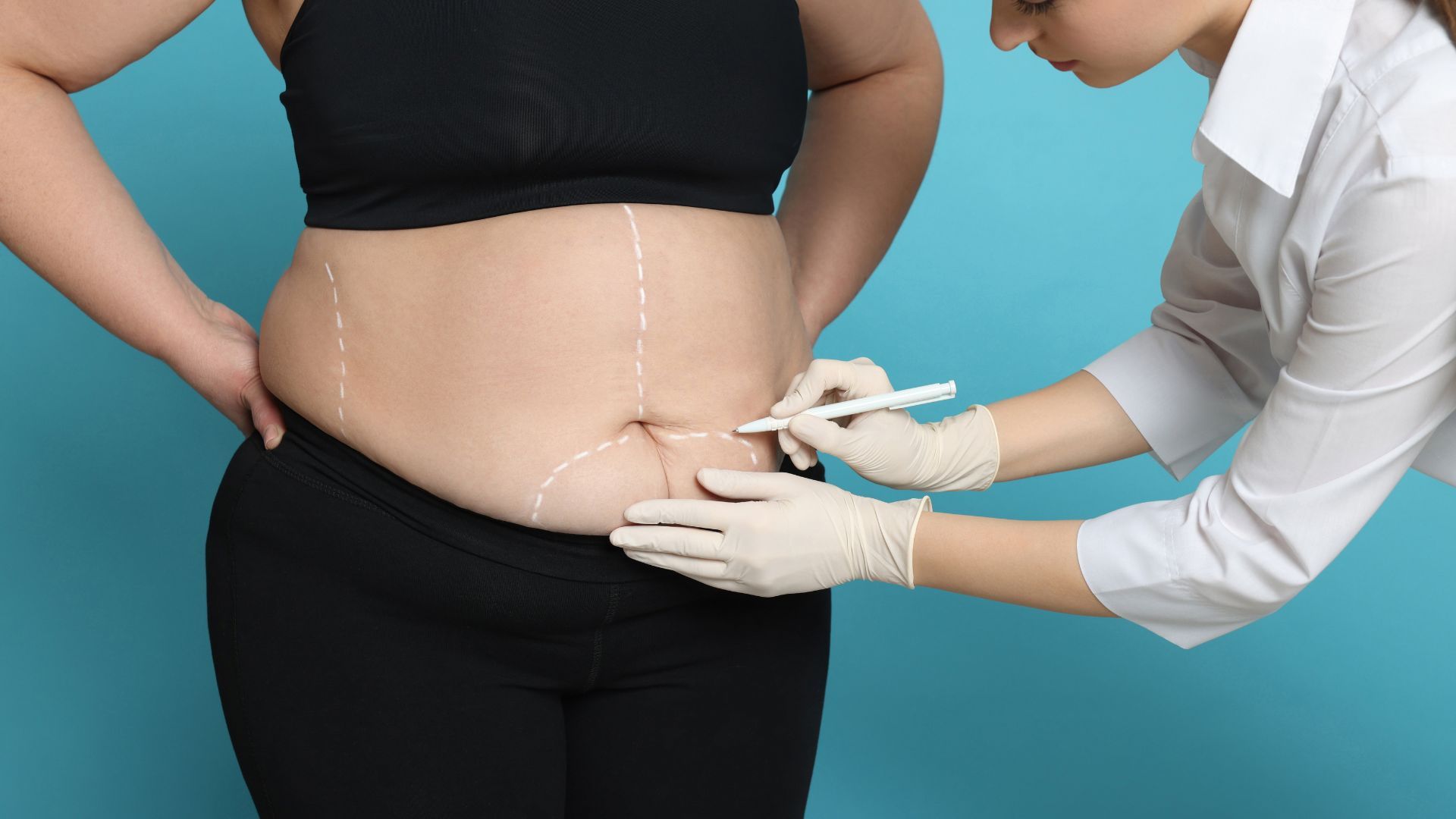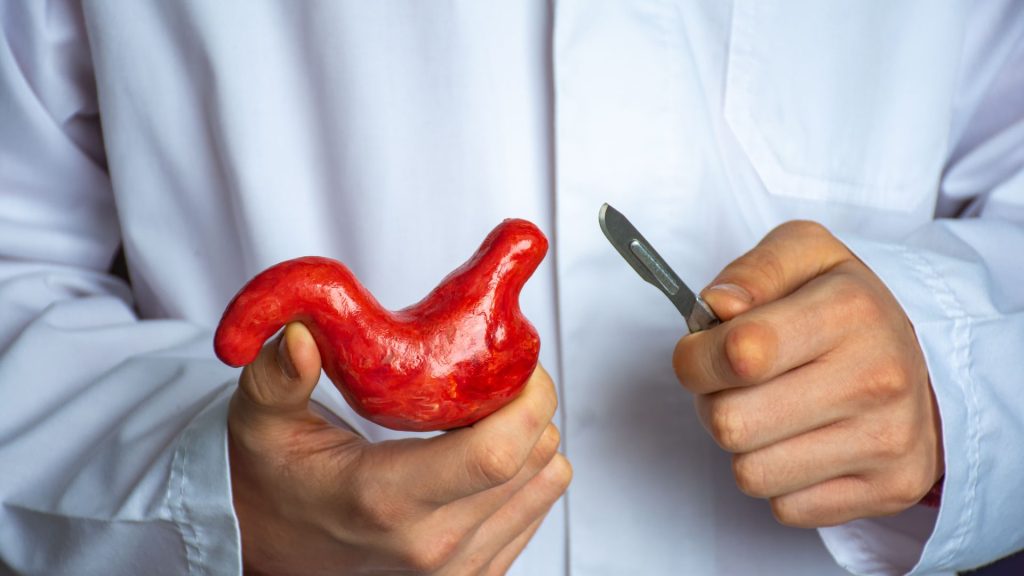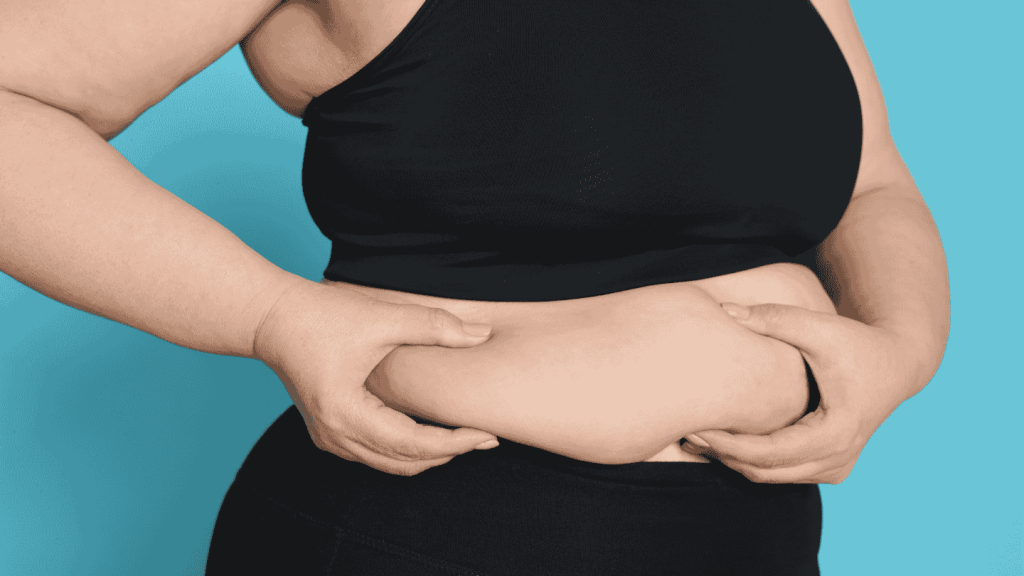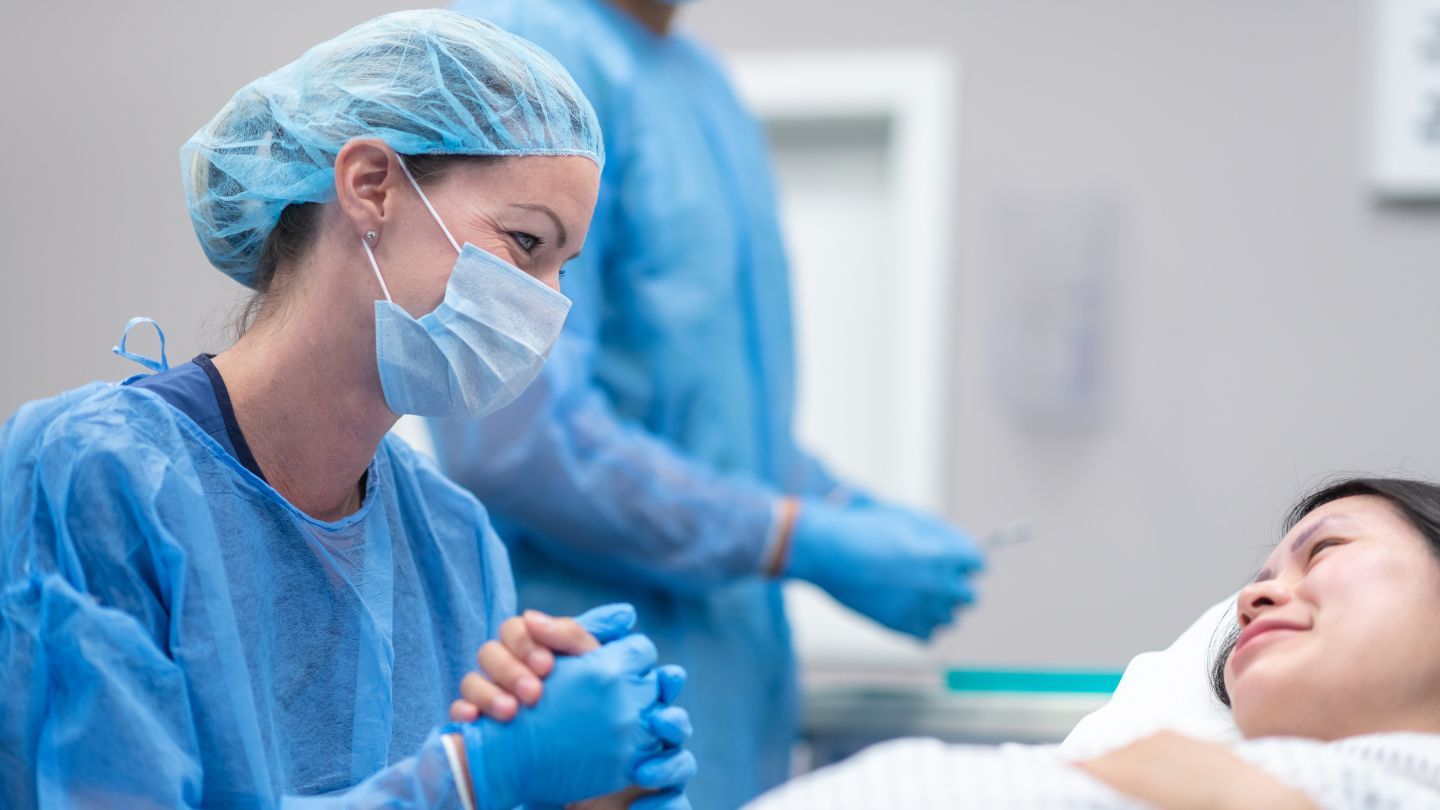Understanding the Impact of Bariatric Surgery on Your Metabolism: What You Need to Know
Bariatric surgery is a life-changing procedure that helps individuals achieve significant weight loss, but its effects go far beyond the scale. One of the most important changes happens within your metabolism. Understanding how bariatric surgery impacts your body’s metabolic processes is key to maintaining long-term success and overall health. In this blog, we’ll explore the connection between bariatric surgery and metabolism, breaking down what you need to know to make informed decisions about your journey.
Key Takeaways
- Bariatric surgery enhances metabolic rate and transforms the body’s fat storage and blood sugar management, leading to profound metabolic health improvements.
- Post-surgery hormonal changes, particularly the increase in GLP-1 and decrease in ghrelin, significantly influence hunger control and metabolic adaptations.
- Long-term benefits of bariatric surgery include improved management of type 2 diabetes, reduced mortality rates, and a need for personalized post-surgical care strategies to address individual variability in metabolic responses.
How Bariatric Surgery Influences Metabolism
Weight loss surgery, commonly known as bariatric surgery, is an effective method for helping individuals who are severely overweight not only shed excess pounds but also fundamentally revise their metabolic rate. The main goal is to bring about considerable weight reduction by restricting food consumption and altering the digestive system’s function. Yet, its profound impact on our entire metabolic health is where its true value becomes evident.
One of the most prominent outcomes of undergoing bariatric surgery includes a boost in the body’s ability to burn calories more efficiently—contributing to dramatic weight loss. This type of procedure affects far-reaching changes within the body’s fat storage and glucose regulation mechanisms, facilitating comprehensive enhancements in overall metabolism.
Procedures like gastric bypass and laparoscopic adjustable gastric banding induce significant anatomical shifts within the gastrointestinal tract that underpin these improvements in metabolism. By reconfiguring how nutrients and calories are absorbed through alterations in gut anatomy, they accelerate metabolism, which aids in rapid weight loss efforts. Beyond shedding pounds, patients experience improved control over blood sugar levels—a boon particularly for those managing conditions such as type 2 diabetes—as a direct result of these surgeries.
Cutting down on surplus body mass via these surgical interventions results in reduced instances of metabolic syndrome along with other complications tied to obesity—the persistent nature of this weight reduction attests to the successful intervention offered by this form of treatment for losing substantial amounts of weight while bolstering one’s general metabolic wellbeing. These advantages persist well past recovery from surgery into long-term maintenance phases, proving the critical significance attached to pursuing such options when addressing issues related to excessive bodily mass.
Finally, yet importantly, we shall delve deeper into examining specific hormonal shifts responsible for inducing said modifications within our metabolisms post-surgery—an understanding pivotal toward fully recognizing just how deeply bariatric operations can influence physiological functioning inside us.
Gut Hormones and Their Role in Post-Surgical Metabolic Changes
The gastrointestinal hormones play a pivotal role in the metabolic enhancements that follow bariatric surgery. Procedures such as Roux en Y gastric bypass and Sleeve gastrectomy are highly effective at triggering immediate, substantial alterations in these hormones, which significantly influence appetite regulation, satiety signals, and overall metabolic health.
One of the most notable hormonal shifts after undergoing such surgeries is the significant rise in GLP-1 (glucagon-like peptide-1), synthesized by enteroendocrine cells within the gastrointestinal tract. This hormone is instrumental in increasing insulin output and enhancing glucose uptake. Post-bariatric surgery, levels of GLP-1 can surge almost tenfold—a critical aspect driving weight loss through these surgical interventions.
This dramatic increase in GLP-1 corresponds with changes to nutrient delivery along the intestines following surgery. Procedures like vertical sleeve gastrectomy and Roux en Y gastric bypass reconstruct food’s pathway through the gut—expediting nutrient delivery—which triggers an amplified secretion of GLP-1.
Consequently, individuals who have undergone bariatric operations often experience a pronounced suppression of hunger due to diminished ghrelin—the so-called “hunger hormone”—levels after their procedures. When this decline in desire to eat converges with heightened insulin sensitivity from increased GLP-1 production post-surgery, it greatly contributes to weight reduction benefits seen among patients.
Alongside elevated levels of other key hormones like GIP (gastric inhibitory polypeptide) and bile acids following surgery, this contributes to complex adjustments within metabolism post-operatively. These collective transformations augment systemic metabolic functions, thereby establishing bariatric surgeries as formidable means for sustaining considerable weight loss over time.
Next up, we’ll delve into how exactly these endocrinological adaptations aid improved fat breakdown, ultimately leading towards achieving meaningful long-term lost-weight maintenance.
Impact on Fat Metabolism and Weight Reduction
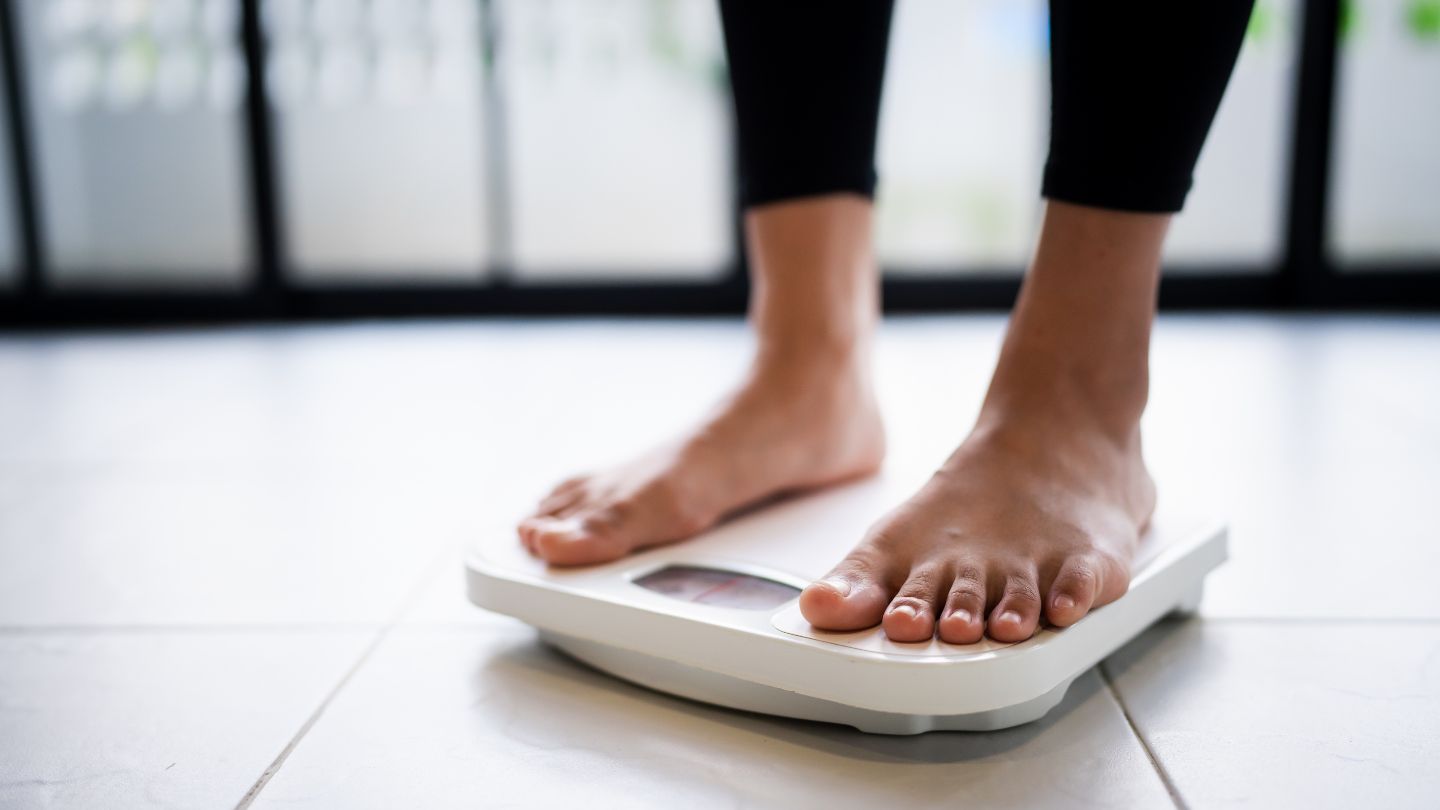
The fundamental aim of weight loss surgery is to curtail food consumption and enhance the body’s ability to oxidize fat. By modifying the structure of the gastrointestinal tract, bariatric surgery alters how energy is balanced within the body, leading to improved fat-burning processes.
Remarkably, one key result of undergoing bariatric surgery is a dramatic decrease in body fat. Alterations in digestive function post-surgery foster a notable decline in the percentage of body fat. Within two years following their procedure, many individuals have reported losing over 50% of their surplus body weight—a strong indicator of these surgeries’ efficacy.
These surgical interventions notably shift how fat metabolism functions. Two years after surgery, for most patients, there is roughly four times as much loss in mass from fat compared with non-fat components—evidence that confirms an overwhelmingly larger portion lost consists primarily of excess fatty tissue. This transformation not only promotes an overall reduction in weight but also bolsters metabolic health through decreasing insulin resistance, among other complications related to obesity.
Read more : How Much Weight Will I Lose After Gastric Bypass Surgery?
There are disparities between various regions of the patient’s physique regarding rates at which both fatty tissues and lean muscle are shed following an operation. This has implications for total metabolic rate performance, underscoring individualized care post-procedure necessity. These shifts towards bettered processing mechanisms transcend mere weight decline—they encompass achieving a more salutary balance amidst adipose and non-adipose bodily components integral for sustained wellness into future years.
In proceeding topics, we’ll delve deeper into effects triggered by reconfigured lipidic energy usage on basal metabolic rate (BMR) plus cumulative caloric burn amongst those who’ve received bariatric operations. Gaining insight into these factors stands central when aiming to preserve accomplished results concerning physical mass diminution while simultaneously fostering peak health-wise condition after having undergone such procedures.
Changes in Basal Metabolic Rate After Surgery

The basal metabolic rate (BMR), which is the amount of energy expended while at rest, plays a pivotal role in maintaining weight post-bariatric surgery. BMR significantly impacts overall weight management, with its postoperative changes being affected by factors such as the patient’s pre-surgery body composition and initial metabolic rate.
After bariatric surgery, one of the leading causes of a decline in BMR is the loss of lean body mass. Since lean mass greatly contributes to energy expenditure, its reduction can notably decrease BMR. It’s imperative to monitor and manage changes in body composition after surgery to prevent this decline from impeding successful long-term weight control.
To evaluate these shifts accurately, tools like bioelectrical impedance analysis (BIA) are used. Through BIA, healthcare professionals can determine changes in both body composition and subsequent alterations in BMR following bariatric operations—key insights for customizing continuing care that upholds a healthy metabolic rate.
The importance of managing BMR within weight management contexts cannot be understated—it’s critical for preserving surgical-induced weight loss outcomes and preventing any future regaining of lost weight. By recognizing how various elements affect their own unique metabolism rates, patients who have undergone bariatric procedures may attain enduring reductions in their weights alongside enhanced states of health, metabolically speaking.
We’ll next delve into dietary considerations along with possible nutritional shortages that individuals should stay informed about following their surgeries—a crucial aspect to support good ongoing metabolism functions while also averting potential adverse effects connected directly with nutrition deficits.
Nutritional Considerations and Vitamin Deficiencies
It is essential for individuals who have undergone bariatric surgery to maintain a diet that provides sufficient nutrition due to the alterations in their food consumption and nutrient absorption. This is necessary because lacking key vitamins and minerals can lead to significant health issues. It’s common for patients to be deficient in vital nutrients such as vitamin B12, D, and iron post-surgery.
Specifically, vitamin D deficiency impacts between 10% and 73% of individuals following their operation. Given that vitamin D plays an important role in calcium uptake and bone integrity, this deficit is concerning. Within two years after bariatric procedures like gastric bypass surgeries—which are known for altering digestive processes—33-49% of patients may exhibit signs of iron depletion. As iron helps prevent anemia and contributes to overall well-being, its adequate levels are imperative.
Up to 49% might also experience low thiamine levels. Since thiamine underpins neurological functions, having enough becomes crucial; otherwise, symptoms ranging from bewilderment up through Wernicke’s encephalopathy—a severe brain disorder—may ensue without appropriate dietary management or supplementation intake.
Identifying these nutritional needs remains critical not only immediately after but long into the future—for the enduring success in metabolic improvement as well as general welfare among those who’ve received bariatric interventions aimed at weight reduction will now continue exploring how these surgical solutions offer sustained advancements metabolically transforming lives beyond just short-term weight diminishment.
Long-Term Metabolic Health Benefits

Bariatric surgery offers enduring benefits for metabolic health that go well beyond the initial shedding of pounds. Notably, more than 90% of individuals see a significant improvement or complete resolution of type 2 diabetes within two years after their procedure—a phenomenon often observed even before substantial body weight loss takes place, which emphasizes the profound effects that metabolic surgery has on maintaining glucose levels and enhancing insulin sensitivity.
For those living with type 2 diabetes who opt for bariatric surgery, long-term remission rates hover around 30.4% fifteen years following their operation—a stark contrast to the mere 6.5% remission rate seen in patients who don’t undergo surgical intervention. This remarkable disparity attests to how effectively metabolic and bariatric surgeries can control and possibly reverse diabetic conditions.
Undergoing bariatric surgery significantly slashes mortality risks associated with type 2 diabetes by up to an impressive 92%, extending this benefit across a seven-year period post-operation. Post-surgery patients also report considerable declines in instances of high blood pressure (hypertension) and abnormal cholesterol levels (dyslipidemia), contributing to enhanced overall metabolic wellness.
Following such procedures, hormonal shifts contribute substantially towards reducing setpoints for body weight—aiding persistent weight loss while averting subsequent regain—and are complemented by diminished stress-induced hormonal variations. These factors solidify bariatric surgery as an effective strategy for lifelong improvements in metabolism.
Appreciating these extended-term outcomes is pivotal when assessing the influence exerted by bariatrics on one’s well-being—as we move forward, discussing caloric intake moderation alongside managing energy equilibrium—is essential to perpetuating these enhancements in metabolism postoperatively.
The Role of Caloric Restriction and Energy Balance
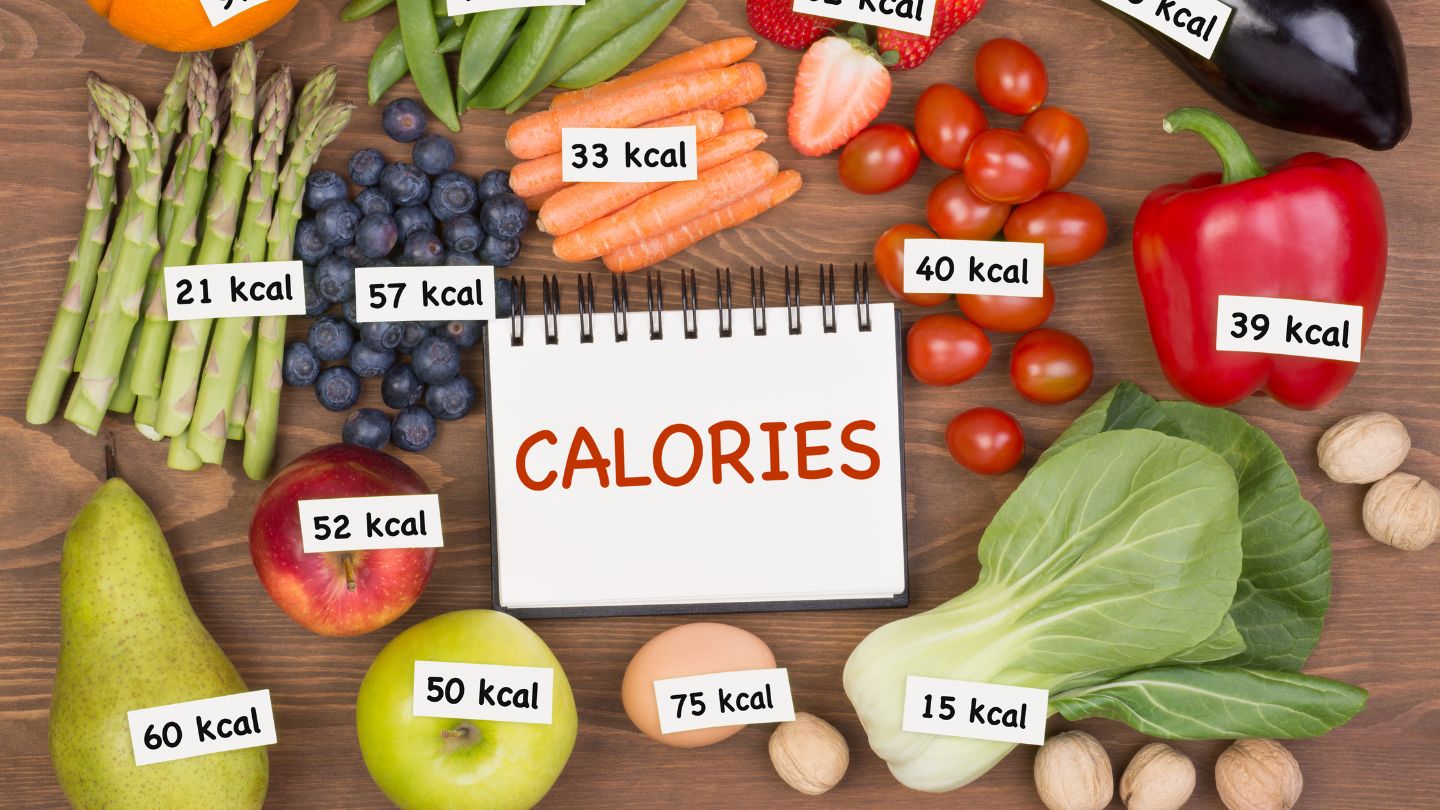
The regulation of energy balance and the restriction of calories are crucial for successful weight loss and its maintenance. Caloric limitation can lead to enhanced fasting glucose levels and improved insulin sensitivity, mirroring results typically seen after bariatric surgery. Nevertheless, a key advantage of bariatric surgery compared to prolonged dieting is that it facilitates adherence to lifestyle modifications while helping prevent backsliding.
Bariatric procedures do more than just diminish the quantity of food consumed. They also alter how the body utilizes calories and assimilates nutrients. As such, these surgeries support a viable method for weight reduction by aiding in the preservation of an optimal metabolic rate and energy equilibrium. Bariatric surgery contributes to enduring weight loss by reducing intake while boosting caloric burn-off.
Read more : Why Is Protein Important After Weight Loss Surgery?
Calorie reduction is paramount in maintaining glucose homeostasis as well as enhancing insulin responsiveness. By cutting down on caloric consumption, individuals can bolster their metabolic wellness along with better management of their body mass. This effect, coupled with hormone shifts brought forth by bariatric operations, creates a compelling combined impact conducive to substantial, long-lasting metabolic betterment.
Towards the conclusion, we will delve into how individual metabolism differs among patients undergoing bariatric operations and emphasize why tailored treatment strategies are essential when considering surgical options like these for obesity control.
Individual Variability in Metabolic Response
Variation in how individuals metabolically respond is a key determinant of the effectiveness of bariatric surgery. The alterations seen in circulating metabolites following the procedure can occur separately from weight loss, which suggests that additional elements play a role in influencing metabolic outcomes. Such variation highlights the intricacy of metabolic reactions and emphasizes the necessity for custom-tailored treatment approaches.
Obesity lacks both a universal cause and remedy, mirroring the complex nature of changes observed in metabolism after undergoing bariatric surgery. Elements such as genetic makeup, initial body weight prior to surgery, and distinct hormonal responses significantly contribute to divergent patient experiences post-operatively. Grasping these contributors is crucial for shaping specialized care after surgery and achieving superior results.
Emphasizing tailored treatment plans is imperative due to individual differences among patients. This approach allows healthcare professionals to craft interventions catered to each patient’s specific needs—thereby improving their prospects for maintaining long-term weight reduction along with enhanced metabolic well-being.
To summarize our discussion on navigating through metabolic transformations after bariatric surgery, we aim not only at recapping salient points but also at motivating readers to make educated decisions regarding their own health objectives.
Summary
Bariatric surgery plays a pivotal role in enhancing metabolic function, aiding individuals in achieving and maintaining healthier weight levels. Alternating hormonal responses and improving energy balance offers a sustainable solution for long-term weight management. Understanding these metabolic changes empowers patients to make informed decisions about their health and maximize the benefits of surgery.
At Ascension Saint Agnes Bariatric Surgery, we are committed to guiding you through every step of your weight loss surgery in Maryland. With our personalized care and expert support, you can take control of your health and transform your life. Connect with us to learn more about how we can help you achieve your goals and maintain lasting success.
Frequently Asked Questions
What are the common hormonal changes after bariatric surgery?
Bariatric surgery commonly results in elevated levels of GLP-1, improving insulin secretion and reducing appetite while simultaneously decreasing levels of ghrelin, the hormone responsible for hunger.
These hormonal adjustments contribute to weight loss and improved metabolic health.
How does bariatric surgery affect basal metabolic rate?
Bariatric surgery often leads to a lowered basal metabolic rate (BMR), mainly because of the loss of lean body mass that plays an essential role in energy expenditure.
After undergoing bariatric surgery, it’s vital to carefully track and control alterations in body composition to preserve an ideal BMR.
What are the typical vitamin deficiencies post-surgery?
Post-surgery, especially after bariatric procedures, you may experience deficiencies in vitamins B12, D, and iron, which can result in significant health issues if not addressed.
It is crucial to implement proper nutritional management and supplementation to mitigate these risks.
Why do individuals respond differently to bariatric surgery?
Individuals respond differently to bariatric surgery primarily due to genetics, pre-surgery weight, and individual hormone responses. Recognizing these factors is essential for customizing post-surgery care to enhance outcomes.












